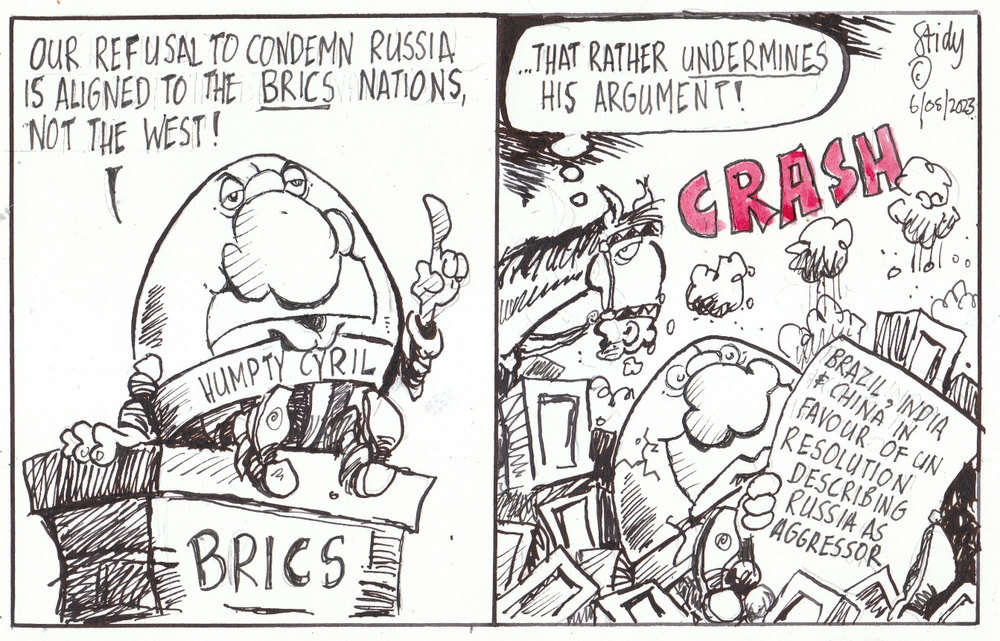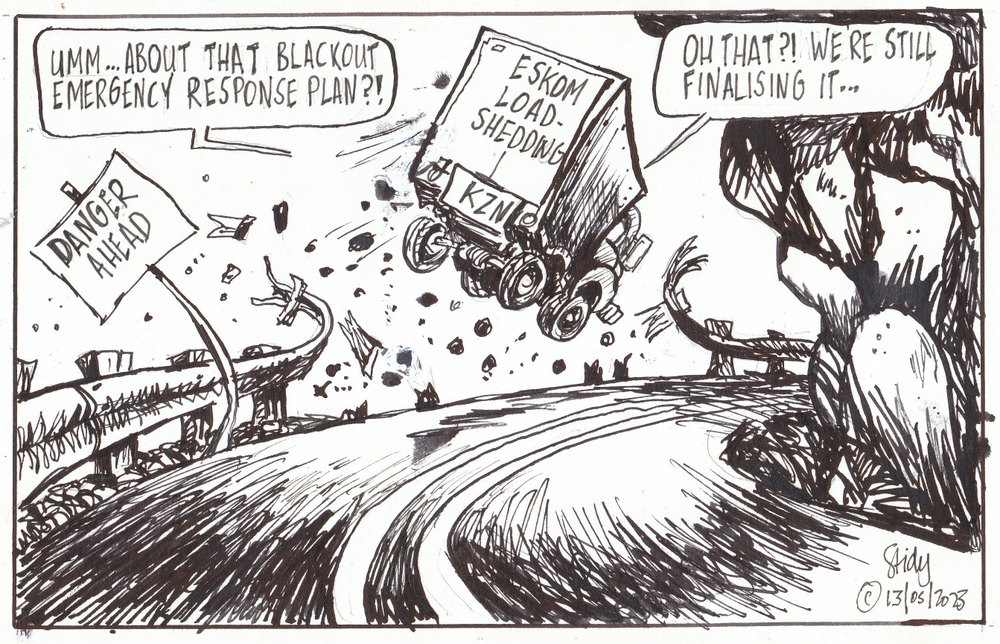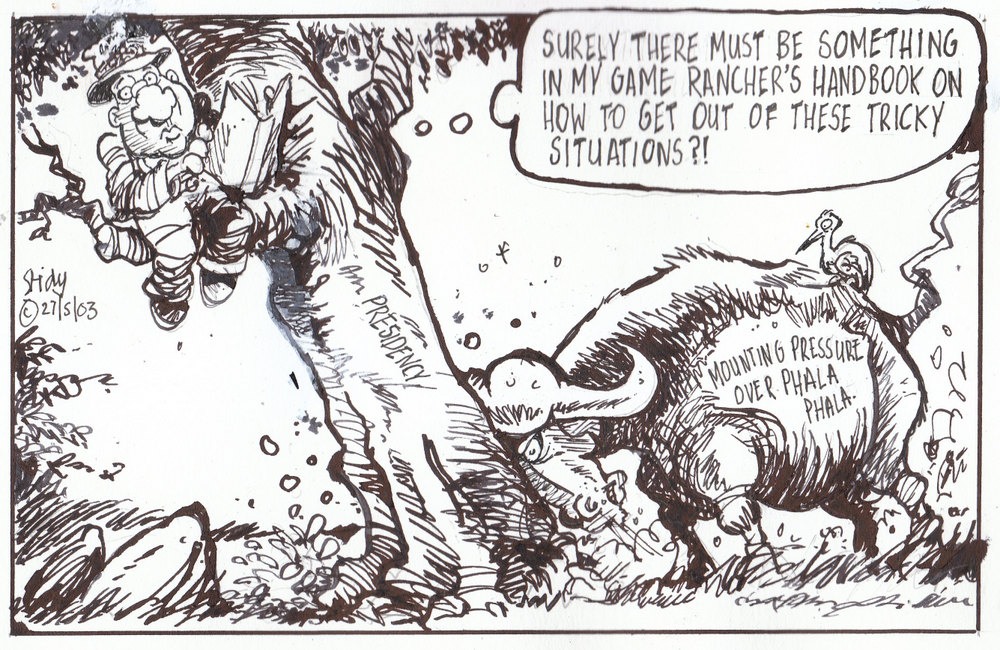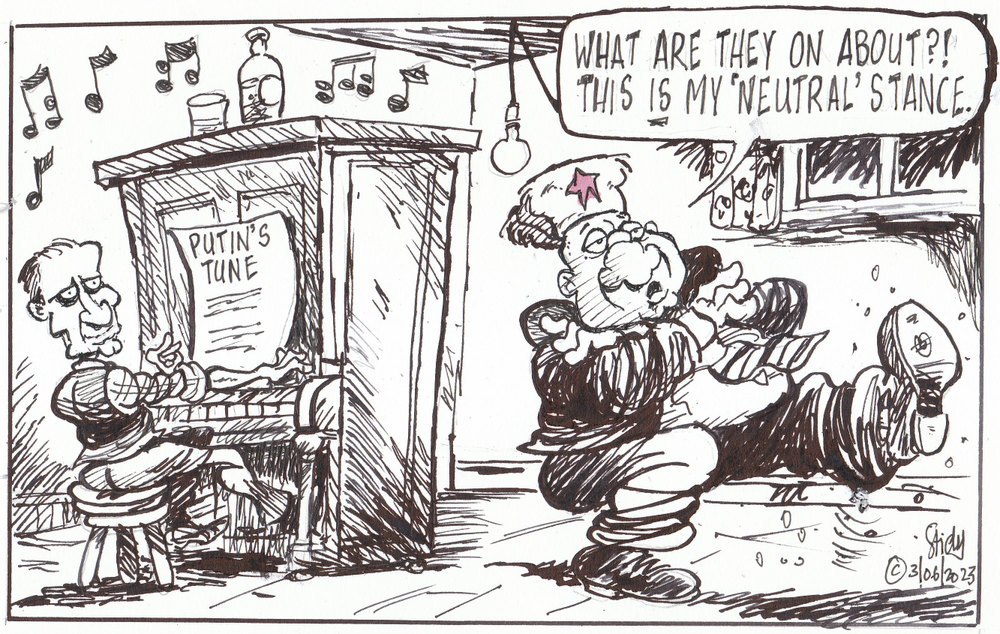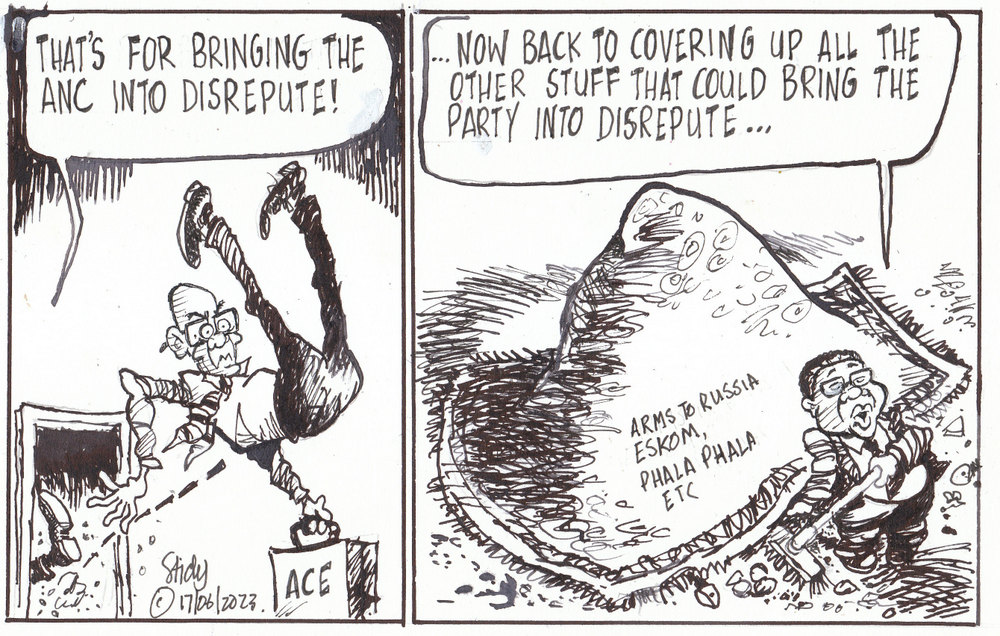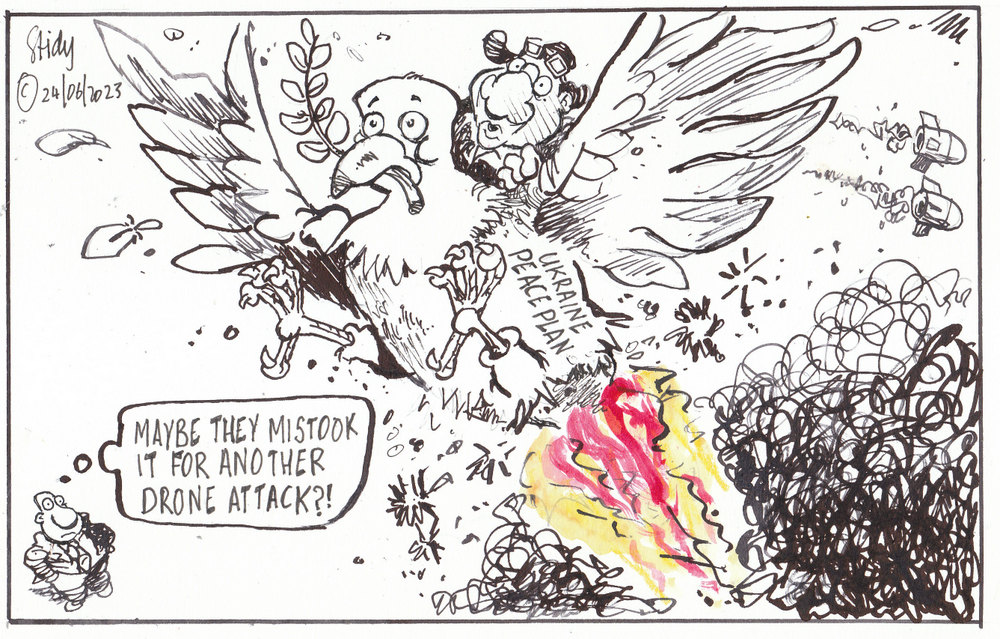
published by Jonathan Ball
The battle of Blood River, fought at Ncome on 16th December 1838, was an event that has come to assume great symbolic importance for both Boer and Zulu. Given the political hinterland, it is perhaps hardly surprising that certain generic preoccupations can be identified and that there should be a wide divergence in opinion as to the significance of the battle. To justify their expansionism and territorial ambitions, the Boers took it as a sign that they were indeed a chosen people and God wanted them to have the land. In addition, their triumph against a much larger force was seen as just retribution for, what they regarded as, the treachery of the Zulu king, Dingane (who had earlier ordered the killing of the Boer leader Piet Retief and his companions).
In the eyes of the Zulu nation, the battle had different connotations. Far from being the villain of the piece, many came to regard Dingane, in the words of the author, as “an African king who strove as best he could to preserve his kingdom and his people from invading white settlers.” Today, there are many who continue to honour him as an important early liberation hero.
Historian John Laband, who has earned a reputation for his painfully meticulous research and commitment to the pursuit of historical truth, deserves much admiration for the way he has sifted through the conflicting versions and accounts to present a compelling and convincing narrative of what actually transpired. In performing this delicate balancing act, he has produced the first book in English that engages with the war between the Boers and the Zulu in its wider context or takes the Zulu evidence into proper account.
For the sake of completeness and coherence, he travels back in time to show how the conflict had its origins in the breakdown of security during the Frontier wars and also came about because of the desire of the Dutch settlers to escape British rule in the Cape. This dissatisfaction resulted in another important historical saga which came to loom large in Afrikaner consciousness and myth-making – the Great Trek. The northward movement of these ’emigrant farmers’ into the interior of South Africa led to growing tensions and conflict as they came into contact with the various tribes already settled on the land. Laband gives a gripping account of the desperate stratagems employed by the powerful Ndebele under their charismatic leader Mzilikazi as they attempted to halt the advance of the trekkers. Having ultimately defeated the warlike tribe, a section of the trek, under Piet Retief, hived off eastwards towards the rich green pastures of what is now modern-day KwaZulu-Natal.
Even after they had decisively beaten Dingane’s Zulu army, the Boers continued to regard him as an existential menace which partly explains why they decided to back Mpande in his plot to overthrow his half-brother and seize the throne. Throughout all of this, the British Government was reluctant to support the Boer campaign because it threatened the stability of the entire region although, paradoxically, they would later go on to wage their own war against the Zulu kingdom.
No mere military narrative, Laband’s account of this chain of events provides a crisp and vivid introduction to the subject and is inter-dispersed with striking personalities (like King Shaka) and intriguing eyewitness accounts, Along the way, there are some interesting digressions with the author revelling in explaining fascinating things that most readers will know little about – for example, the type of weapons favoured by the settlers in Southern Africa.
Overall, the book should appeal to both the general reader and the academic community, not just for its encyclopaedic nature but for the obvious quality of the scholarship.
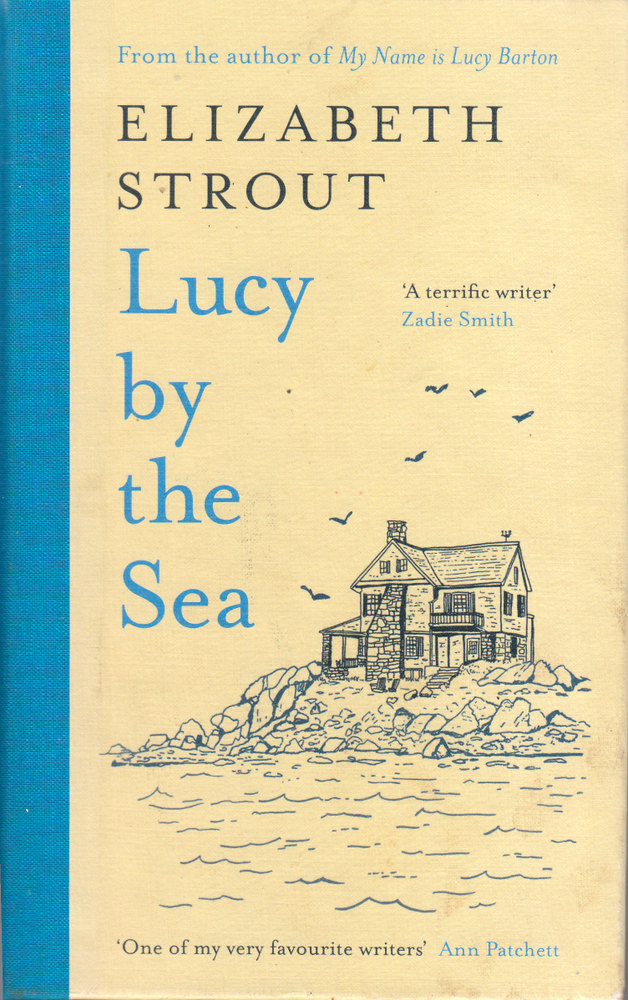
published by Viking
Lucy, the heroine of Elizabeth Strout’s new novel is an elderly writer living alone in New York. Out of the blue, she receives a call from her ex-husband, William, who suggests she leave her apartment and join him in a house he has rented on the coast of Maine. After some hesitation – and on the understanding, it will only be for a few weeks – she agrees. Although his reasons for wanting her to spend time with him are not immediately spelt out, it soon becomes apparent it is because he is concerned about the approaching Covid-19 pandemic and the effect it could have on her safety, health and well-being. There is also obviously still some residual affection lurking in the background.
At first, Lucy feels a bit out of place in her new environment. The social and physical restrictions put in place because of the virus make it difficult to interact with others or meet new people. There is widespread fear and panic. Lucy encounters some initial hostility from a few of the locals who are instinctively suspicious of outsiders, especially ones from New York.
Slowly, however, she finds herself succumbing to the daily routines and the sleepy charm of the place. When her romance with William rekindles, she decides to sell her New York apartment and move in full-time.
Written in the first person, Lucy by The Sea has a raw episodic quality which, at times, makes it feel more like an autobiography than fiction. Failed romance is the slow pulse that beats underneath the placid surface of much of it. As the novel carefully unfolds, we learn more not only about Lucy’s two past marriages past but the complicated relationships between her family and children. The joys of friendship, the slight betrayals and the changes that events in the larger world can enforce on it are all meticulously observed. Strout portrays their interconnectedness and intertwined variety with warmth of understanding and delicacy of touch.
